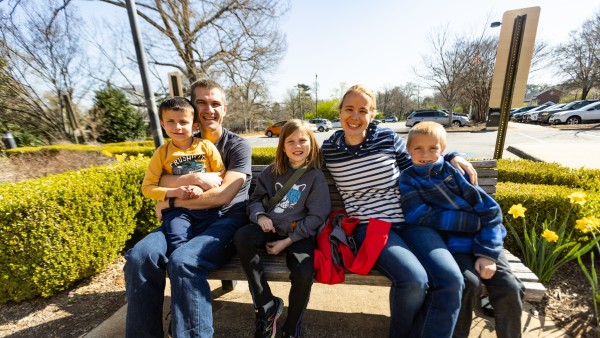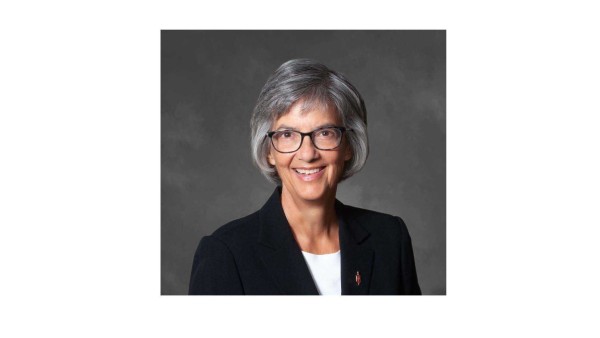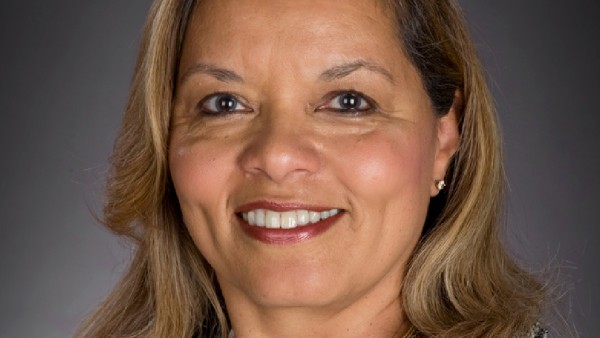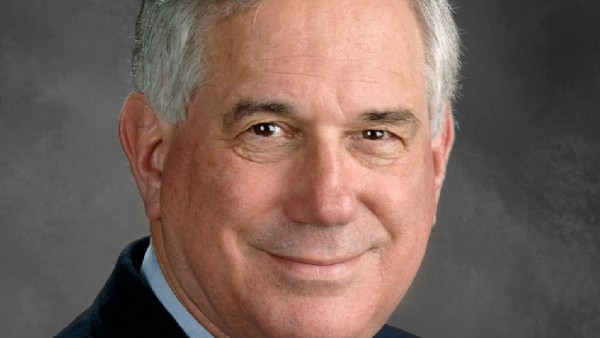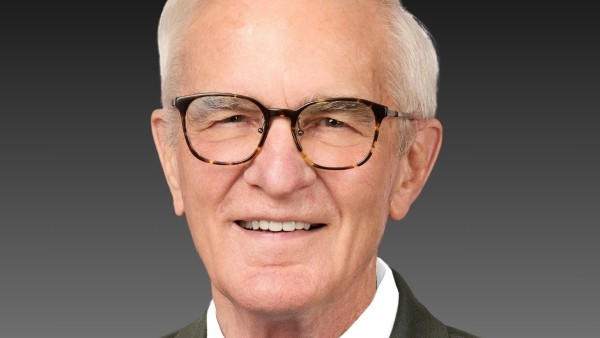Search results
Video Series: Duke Scholars in Their Own Words
In our new video series, Duke Scholars at the Endowment's four beneficiary schools explain how the scholarships have advanced their educational goals.
Implementation Science: What It Is and How It’s Informing Our Grantmaking
Evidence-based programs and practices are a cornerstone of The Duke Endowment’s work and implementation science studies how best to support the successful adoption of proven or promising programs.
Bishop Hope Morgan Ward Appointed as a Trustee of The Duke Endowment
The Duke Endowment is pleased to announce the appointment of retired United Methodist Church Bishop Hope Morgan Ward to its Board of Trustees.
Dennis M. Campbell
Dennis Campbell, Vice Chair, The Duke Endowment
Jean G. Spaulding
Jean G. Spaulding, Vice Chair, The Duke Endowment
William Barnet III
William Barnet III, Trustee, The Duke Endowment
John F.A.V. Cecil
John F.A.V. Cecil, Trustee, The Duke Endowment
Ravenel B. Curry III
Ravenel B. Curry III, Trustee, The Duke Endowment
Pamela L. Davies
Pamela L. Davies, Trustee, The Duke Endowment
Harris E. DeLoach Jr.
Harris E. DeLoach Jr., Trustee, The Duke Endowment
J. Trent Jones
J. Trent Jones, Trustee, The Duke Endowment
Charles C. Lucas III
Charles C. Lucas III, Trustee, The Duke Endowment


